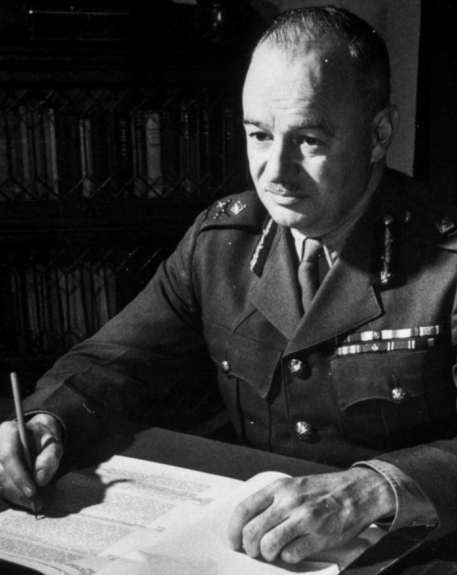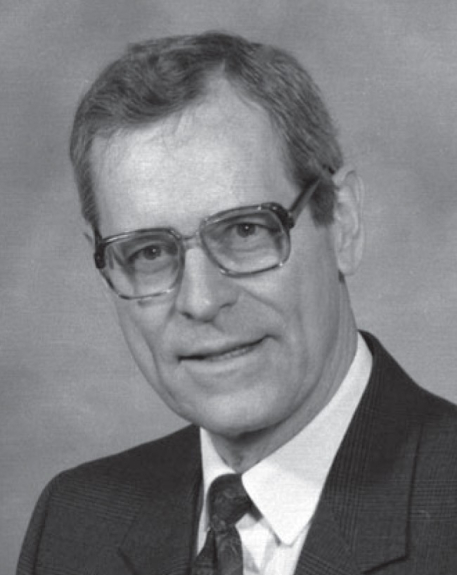2000 INDUCTEE Bernard Belleau, PhD Infectious Disease, Allergy & Immunity, Cancer, Leadership in Organizational Development
March 15, 1925
(Montreal, Quebec)
September 4, 1989
PhD, McGill University (1950)
1987: Honorary DSc, University of Camerino Italy
1981: Officer of the Order of Canada
See All AwardsAwards & Honours:
1987: Honorary DSc, University of Camerino Italy
1981: Officer of the Order of Canada
1981: Honorary DSc, Memorial University
1979: Honorary DSc, Laval University
1979: Royal Society of Canada's McLaughlin Medal
1979: Laureate in Chemistry of Quebec
1978: Prix Marie-Victorin
1977-1978: Killam fellowship from The Canada Council for the Arts
1970: Léo Parizeau Medal, Association canadienne française pour l’avancement des sciences
1968: Fellow of the Royal Society of Canada
1962: Merck, Sharp and Dohme Award, Chemical Institute of Canada
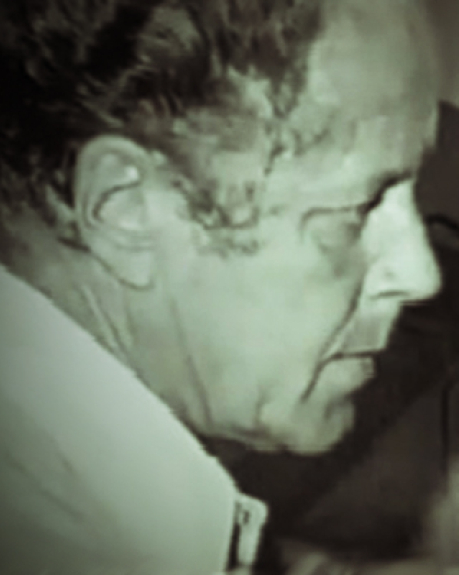
Discovered 3TC medication for AIDS and Hepatitis B
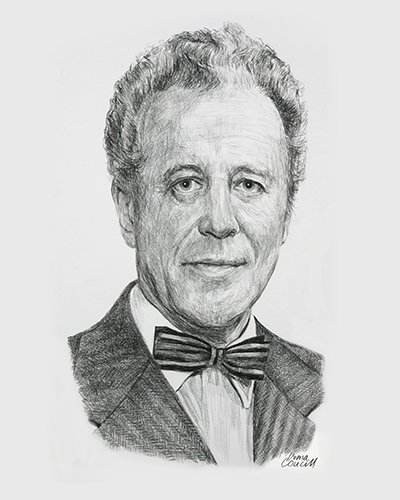
An innovative laboratory researcher and builder of Canadian pharmaceutical production
Over a long and productive scientific career in biochemistry at the University of Ottawa and McGill University in Montreal, Dr. Belleau carried out fundamental research on the chemistry of several groups of drugs effective in combatting infections and cancer. His highly creative work in the 1980s led to the discovery of 3TC (lamivudine), a medication which presently plays a key role in the therapy of AIDS. Lamivudine is also active against the hepatitis B virus. In 1985, Dr. Belleau was instrumental in the founding of BioChem Pharma Inc., one of Canada’s most successful producers of new pharmaceuticals. This firm brought great economic and scientific benefits to Canada, annually investing over 80 million dollars in basic and applied medical research.
Key Facts
Co-founder of BIOCHEM Pharma
His discovery of the non-narcotic analgesic known as Butorphanol became the most widely administered injectable analgesic in the United States
Made Canada a leader in the field of biopharmaceutical research
Held 27 patents
Served on many boards and councils including the International Foundation of Science
The annual Bernard Belleau Award is presented to a scientist residing in Canada who has made a distinguished contribution to the field of medicinal chemistry
Professional timeline
Impact on lives today
Belleau’s discovery, 3TC, is still used today and has been recognized as Canada’s most important drug contribution since the discovery of insulin. Not only did 3TC have a significant influence on many fields in organic chemistry but it also changed physicians’ approach to AIDS treatment. The drug, combined with other antiretrovirals, allows physicians to treat patients earlier when their immune system is less damaged. As a result, Belleau continues to impact the lives of millions of people through his contributions to patients’ improved quality of life.
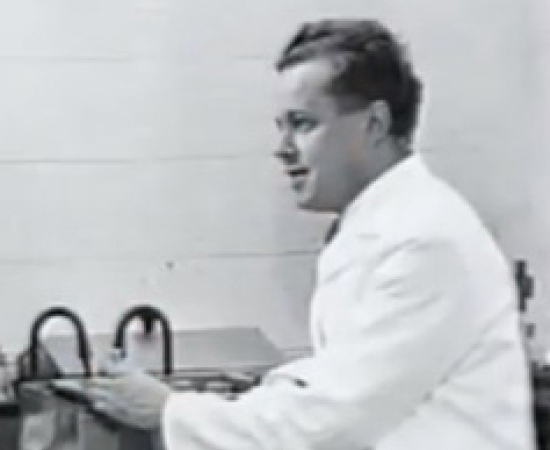
2000
-
Bernard Belleau posthumously inducted into the Canadian Medical Hall of Fame
London, Ontario
-
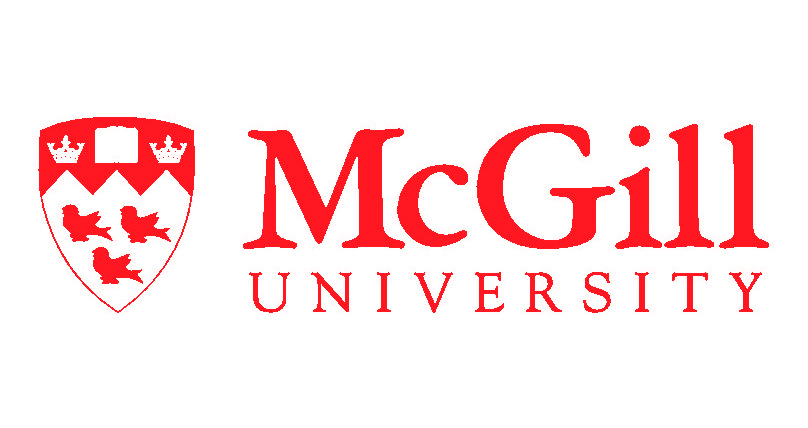
Belleau once again returned to Montreal
Health and Medical Education & TrainingHe joined the faculty at McGill University as a professor of chemistry.
-

Biochem Pharma Inc was formed
Belleau rose the company to global prominence with his discovery of the 3TC compound for AIDS treatment.
-
Along with Dr. Amel Menoot, Bernard Belleau established Bristol Laboratories Canada
Infectious Disease, Allergy & ImmunityBelleau became Director of Scientific Programs and Research. It was during this time that he conceived and developed non-narcotic analgesics.
-
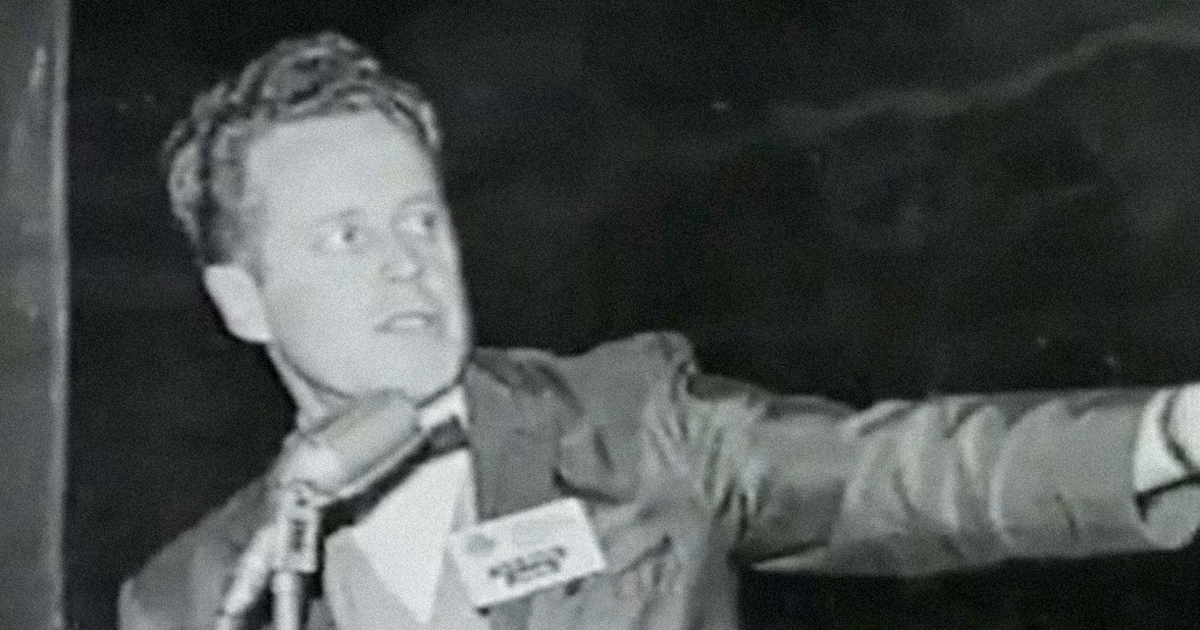
Belleau was invited to join the newly founded Department of Chemistry at the University of Ottawa
Leadership in Organizational DevelopmentHe remained at the University of Ottawa for the next 13 years. In 1969, he served a one-year term as Vice-Dean for Research in the Faculty of Science and Engineering.
-
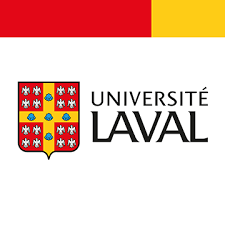
Belleau returned to Quebec and joined the faculty at Université Laval
In the Department of Biochemistry, he focused on the synthesis of Erythrina alkaloid and attracted the attention of the scientific world.
-
Upon receiving his PhD, Belleau sought out further training and experience
First, he became a research assistant at the Sloan Kettering Institute for Cancer Research in New York where he worked on the synthesis of corticosterone. He then became a post-doctoral fellow at the Case Institute of Technology in Ohio.
1950
It’s important that research does something for humanity.

